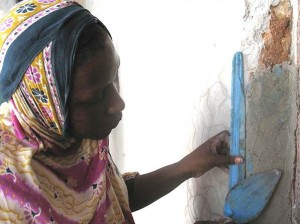A 400 hectare biofuel project to grow sugar cane for use in producing ethanol is planned for Bagamoyo District. The company behind the project, Sekab Bio-energy Tanzania, already operates similar projects in other areas of East and Central Africa and plans to employ around 500 people on the farm. A water reservoir is planned from the Lower Ruvu River to allow drip irrigation of the crops. The farm manager Andre Fayd’herbe is hopeful that the project would start producing ethanol by next year.
Concerns have been expressed by OXFAM and others over the widespread adoption of biofuel crops particularly on land previously used for food cultivation. Robert Bailey, OXFAM policy advisor notes “In the scramble to supply the EU and the rest of the world with biofuels, poor people are getting trampled “
The aim of producing biofuel is to replace petrol used in cars, but scientists have said that it takes so much energy to produce some biofuels that it would be cleaner overall to burn petrol in our cars. That said, ethanol production from sugar cane is said to be one of the more efficient biofuel conversion processes.



 People braving torrential rain to see the Olympic Torch procession pass through Dar-es-Salaam
People braving torrential rain to see the Olympic Torch procession pass through Dar-es-Salaam
 L-R Rob Wilson, Tom Levitt MP, Mwanadai Majaar, Douglas Alexander MP
L-R Rob Wilson, Tom Levitt MP, Mwanadai Majaar, Douglas Alexander MP